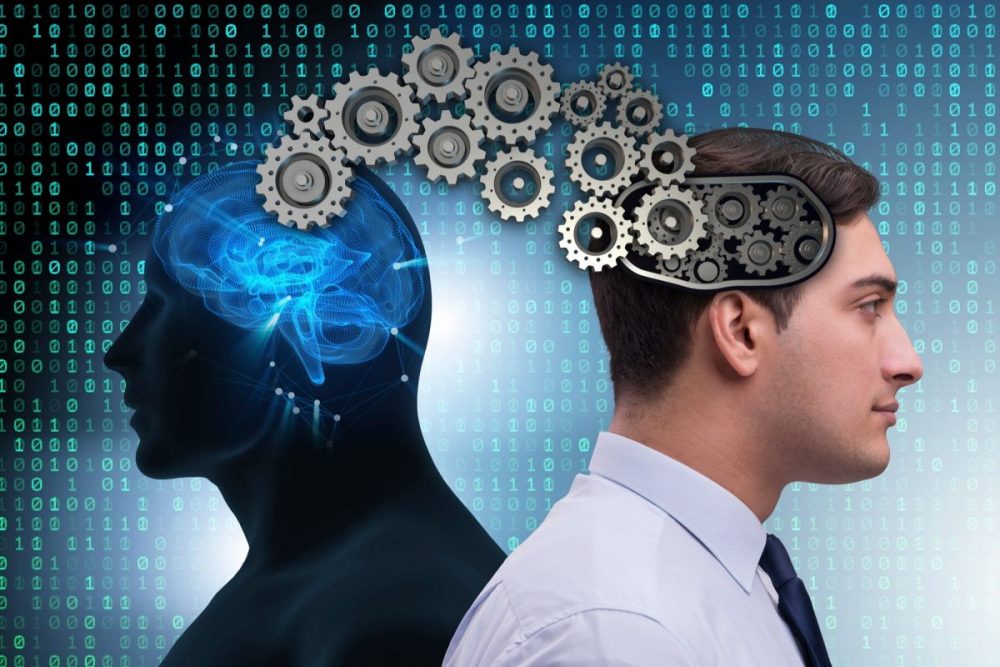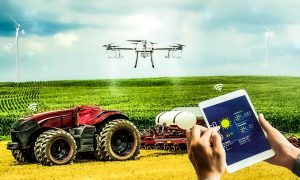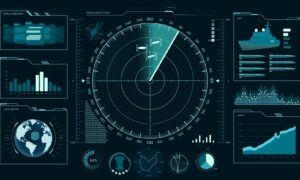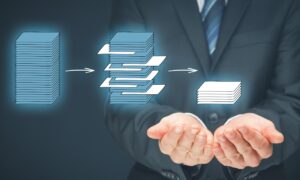As the technology scenario evolves swiftly, comparing the human brain and computers has become a topic of great interest. While computers have made remarkable strides in processing power and efficiency, the human brain remains a complex and unparalleled organ. This article examines the distinctive traits that differentiate the human brain from computers.
Differences between a human brain and a computer
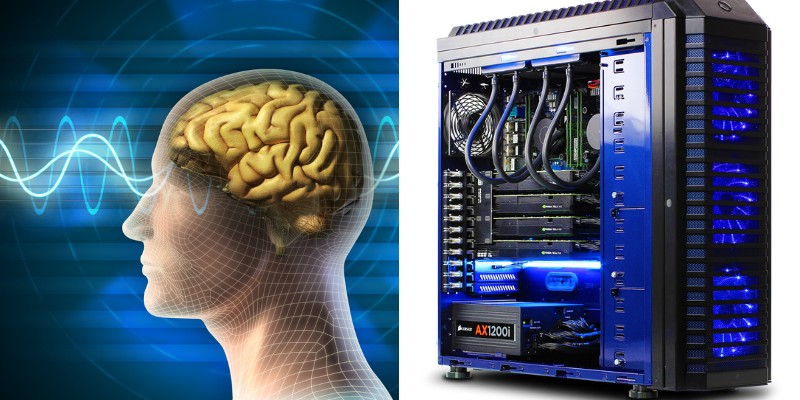
Source: tech21century.com
Here are the significant differences between a human brain and a computer.
Processing power and speed:
Computers are famous for their lightning-fast processing speeds and precision in executing complex tasks. With advancements in AI and ML, computers can analyze massive datasets and perform calculations at speeds incomprehensible to the human mind. However, with billions of neurons and trillions of synapses, the human brain possesses an extraordinary parallel processing capability that allows it to handle many tasks simultaneously.
The human brain’s ability to process information relies not solely on speed but also on the intricacies of neural connections. It allows for contextually rich understanding. While computers excel in repetitive tasks and calculations, the human brain stands out in its adaptability and the capacity to comprehend abstract concepts.
Learning and adaptation
The human mind can continously learn and evolve. Unlike computers that rely on programmed instructions, the human brain can dynamically adjust its neural connections based on experiences and learning. Cognitive plasticity helps humans acquire new skills and adapt to changing environments.
In contrast, computers require explicit programming and updates to enhance their capabilities. While machine learning algorithms enable computers to improve performance over time through exposure to data, they lack the inherent adaptability and intuitive learning processes that characterize the human brain.
Emotional intelligence
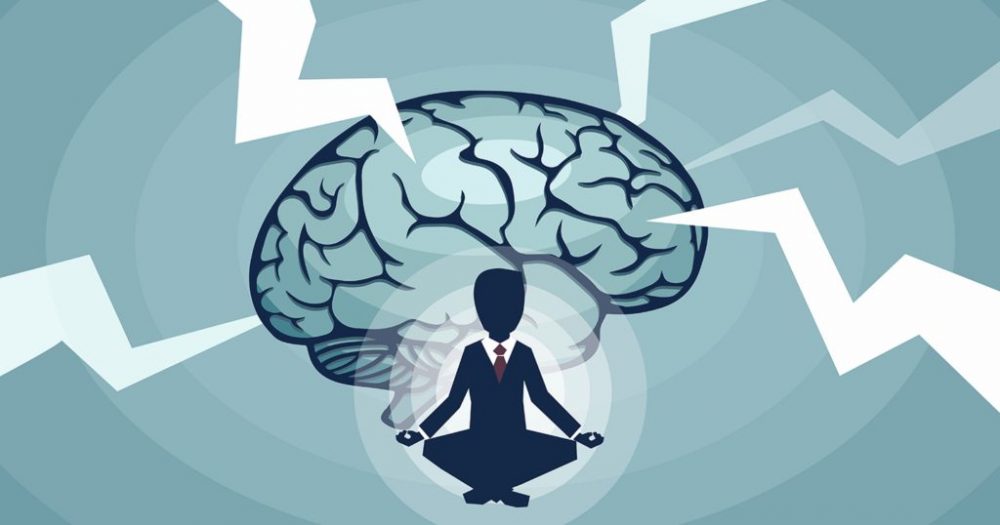
Source: appen.com
The concept of emotional intelligence sets the human brain apart from computers. Emotions are crucial in human cognition to influence decision-making and social interactions. While you can program computers to respond to human emotions, they lack genuine emotional experiences and the ability to empathize.
Controlio’s monitoring software, a vital tool in modern workplaces, is a testament to the intersection of technology and human emotions. While such software can track productivity metrics and assess work efficiency, it cannot comprehend the underlying emotional states of employees. Understanding and managing emotions, a core aspect of human intelligence, remain beyond the reach of even the most sophisticated computer programs.
Creativity and innovation
Creativity is a hallmark of human intelligence that distinguishes us from computers. The ability to ideate and think outside the box remains deeply ingrained in the human psyche. Computers, despite their advanced algorithms and processing power, lack the imaginative capabilities inherent in the human brain.
In the corporate world, employee monitoring software may track productivity metrics. However, it cannot gauge the creative processes that lead to groundbreaking innovations. The human brain’s ability to draw connections between disparate ideas and navigate ambiguity highlights its unparalleled creative prowess.
Ethics
Ethical considerations and moral reasoning are inherently human traits that set the human brain apart from computers. While computers can process vast amounts of information and follow programmed rules, they lack moral judgment and ethical decision-making capacity. The complexities of human morality, influenced by cultural and personal factors, remain elusive to computational understanding.
Ethical concerns may arise regarding the balance between productivity and employee privacy in workplaces employing employee monitoring software. The nuanced considerations involved in making ethical decisions, like weighing the well-being of employees against organizational goals, highlight the distinctly human nature of moral reasoning.
Are brains better than computers?
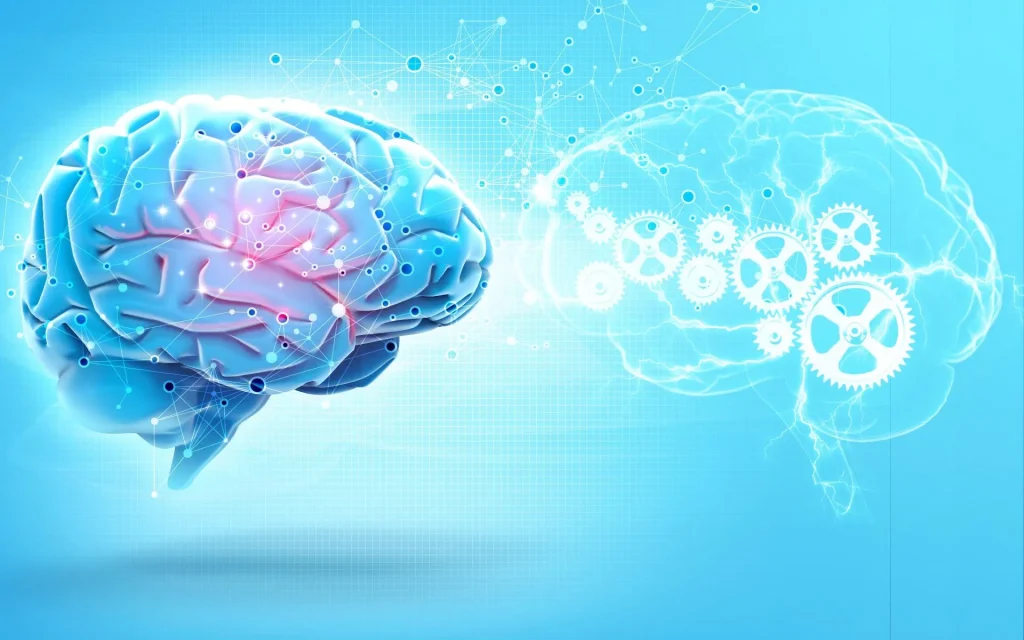
Source: bdtechtalks.com
The question of whether human brains are superior to computers or vice versa is a nuanced exploration that looks at the varied aspects of intelligence. While computers demonstrate unparalleled speed and efficiency in specific tasks, the human brain boasts many qualities that transcend mere computational power. Let’s look at the varied aspects of the comparison between the two.
Contextual understanding
Human brains excel in contextual understanding by grasping the intricacies of situations that extend beyond raw data. While computers operate based on predefined algorithms and explicit instructions, the human brain navigates the subtleties of context. It draws on past experiences and intuition. Contextual understanding allows for improved decision-making and problem-solving. These elements are challenging for computers to replicate without human-like cognition.
Adaptability
Unlike computers, which require explicit programming for every scenario, the human brain can seamlessly adapt to new situations and apply knowledge across diverse domains. Adaptability is crucial to the brain’s plasticity, a quality that enables continuous learning and evolution throughout a person’s life.
Complex pattern recognition
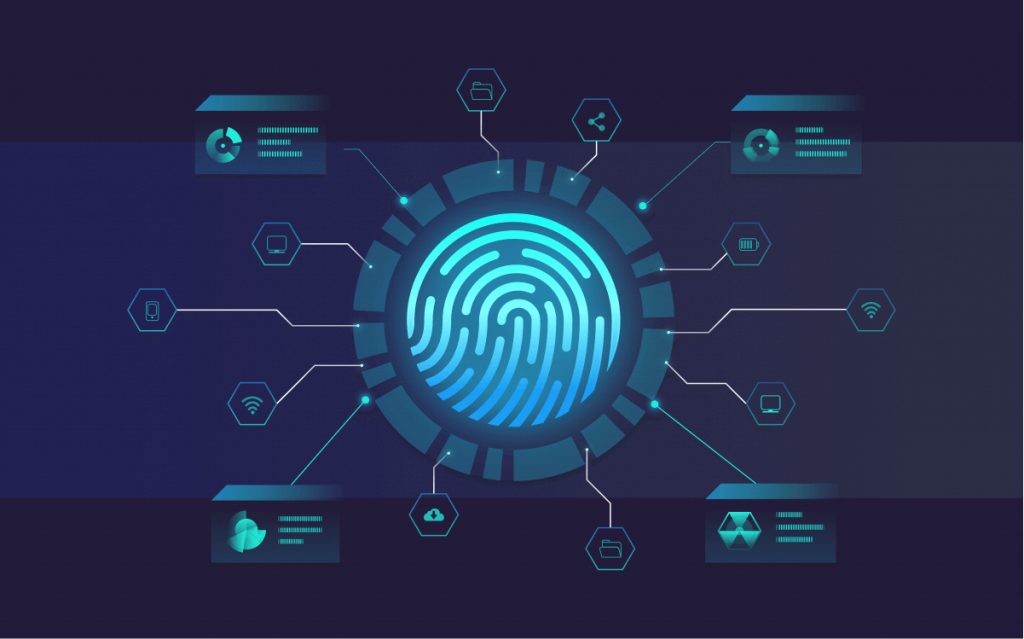
Source: superannotate.com
While computers excel at pattern recognition within defined parameters, the human brain surpasses them in recognizing complex patterns. Human cognition effortlessly connects seemingly unrelated ideas to enable creativity and innovation. The capacity for abstract thinking and pattern recognition is a fundamental element of human intelligence that extends beyond the binary nature of computer processing.
Emotional intelligence
Emotional intelligence, a key component of human cognition, remains elusive for computers. While you can program artificial intelligence systems to respond to emotions, they lack genuine emotional experiences and the ability to empathize. The human brain’s intricate interplay of emotions with cognition contributes to a depth of understanding and social intelligence yet to be replicated in machines.
Moral reasoning
The ethical dimensions of decision-making highlight another domain where the human brain excels. Humans possess an inherent sense of morality shaped by cultural and personal values. Ethical reasoning involves navigating complex moral landscapes by considering the well-being of individuals and communities. Without explicit programming, computers, devoid of subjective experiences and moral intuition, struggle to make ethical decisions.
Bottom line
In the ongoing dialogue between the human brain and computers, it is evident that each possesses unique attributes that define their capabilities. While computers excel in processing power and specific tasks, the human brain stands out in its adaptability and ethical reasoning. Employee monitoring software may optimize workplace efficiency, but it cannot replicate the complexity of human cognition.
As technology advances, exploring the synergies between the computational power of machines and the intelligence of the human brain becomes crucial. Recognizing and appreciating the distinctive traits of each allows for a more holistic understanding of technology’s role in our lives.

